
The United States has pressed Japan to come up with concrete measures concerning the relocation of the U.S. Marine Corps Air Station Futenma and participation in the Trans-Pacific Partnership (TPP) free trade talks before Japanese Prime Minister Shinzo Abe’s visit to Washington. However, Abe most wants to take advantage of the United States to modify the Peace Constitution, accelerate Japan's "normalization," and obtain permission to exercise the right to collective self-defense.
Abe, who returned as prime minister nearly two months ago, finally obtained the opportunity to meet U.S. President Barack Obama after his request for a meeting was declined once. He left on Feb. 21 for a meeting with Obama on the next day.
First meeting
This was Abe’s first meeting with Obama after he took office as prime minister last December. Japanese Foreign Minister Fumio Kishida accompanied Abe to visit Washington, and will hold talks with the U.S. secretary of state. Before their meeting on Feb. 22, Obama told Abe that North Korea should be a key topic, according to a person familiar with the matter.
Both have their own goals
Analysts noted that Japan wants the United States to provide greater support for its military expansion and political demands. Abe has frequently attended expert meetings or the ruling party's meetings on the modification of the Peace Constitution, and made efforts to lift a ban on Japan’s right to collective self-defense. As U.S. support is crucial to achieving these goals, Abe has given the United States a big gift by relaxing the age limit on U.S. beef to 30 months from 20 months on Feb. 1.
The United States also needs Japan as a loyal ally in the Asia-Pacific region. Japan's Kyodo News quoted sources familiar with the matter as saying that senior U.S. officials told Japan about a month ago that it was pointless to just take photos of Obama and Abe at the Japan-U.S. summit. The United States wants Japan to achieve results on the relocation of the Marine Corps Air Station Futenm, participation in the TPP talks, ratification of the Hague Convention on settling cross-border child custody disputes, and restrictions on U.S. beef imports.
Abe unlikely to achieve his goals
Jin Canrong, deputy dean of the School of International Studies at Renmin University of China, said that Japan and the United States do not have many common interests, and may truly cooperate only when pressing North Korea. As for the Diaoyu Islands dispute between China and Japan, the United States wants to see quarrels rather than fighting, and will maintain its current position on the dispute in order to prevent Japan from making more dangerous moves and coming into armed conflict with China.
Read the Chinese version at:安倍启程访美,想得美难如愿;Source:Jiefang Daily; Author: Zhong He and Wang Shaozhe
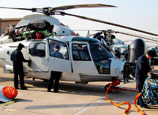
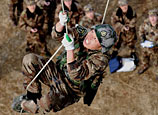


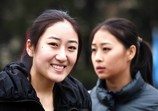
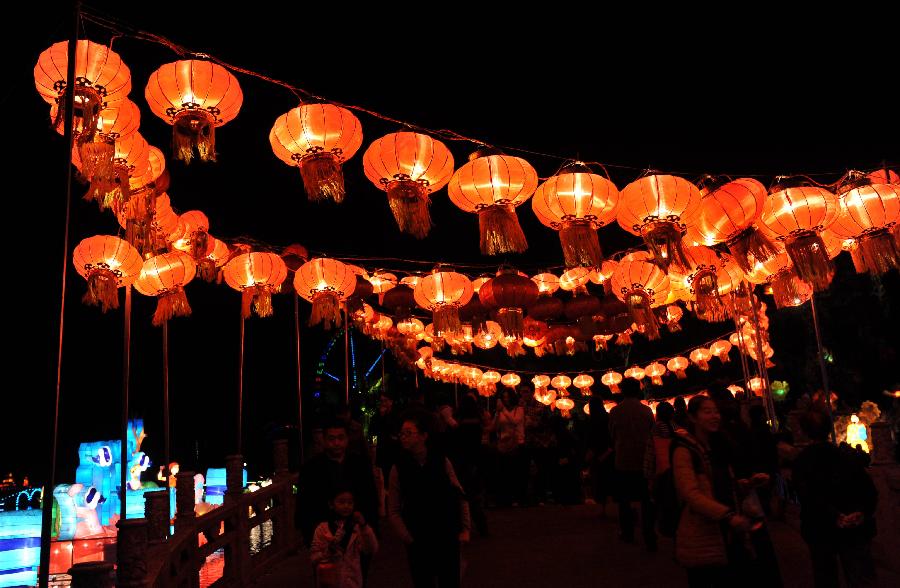



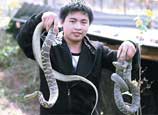








![]()
